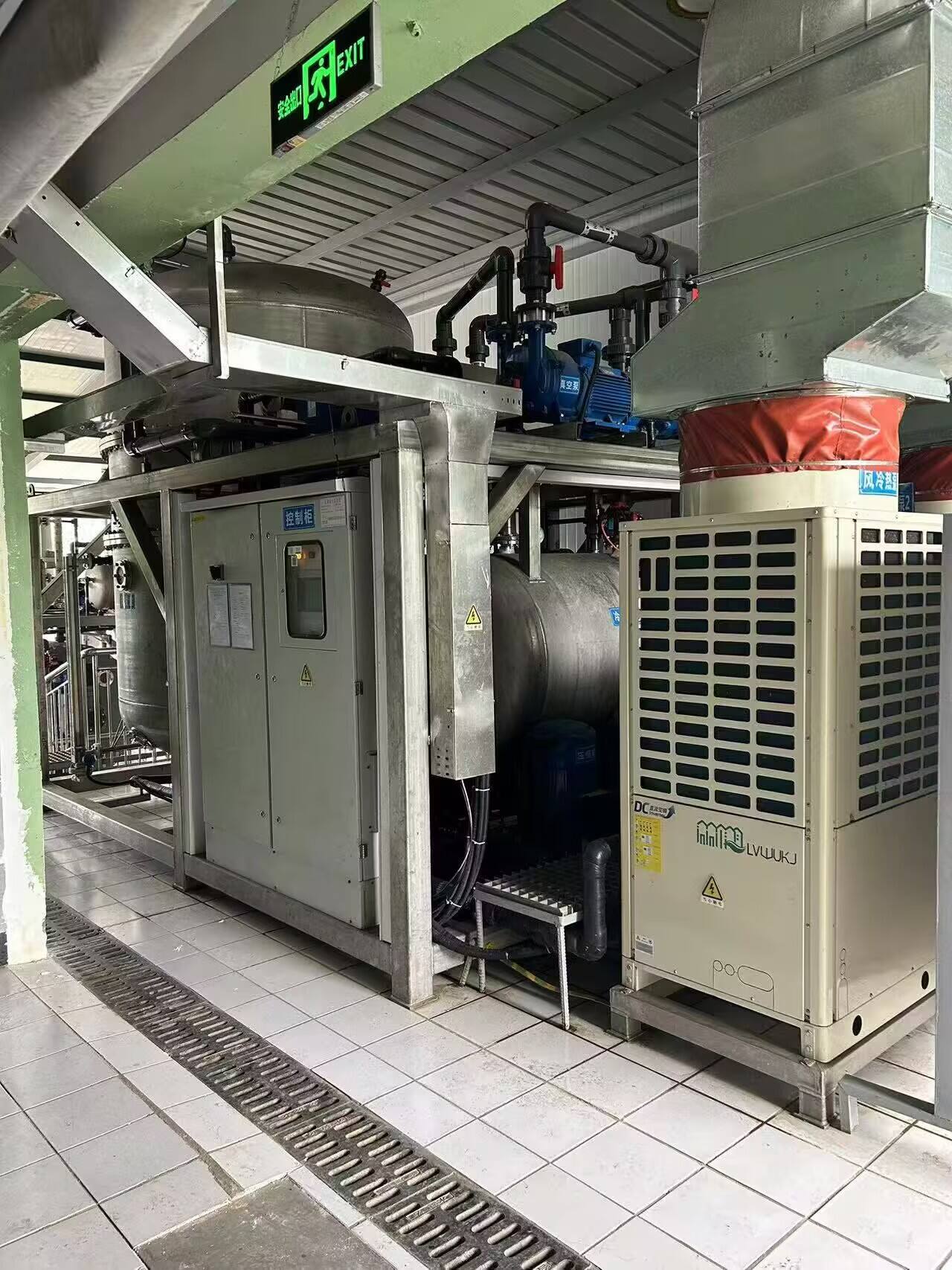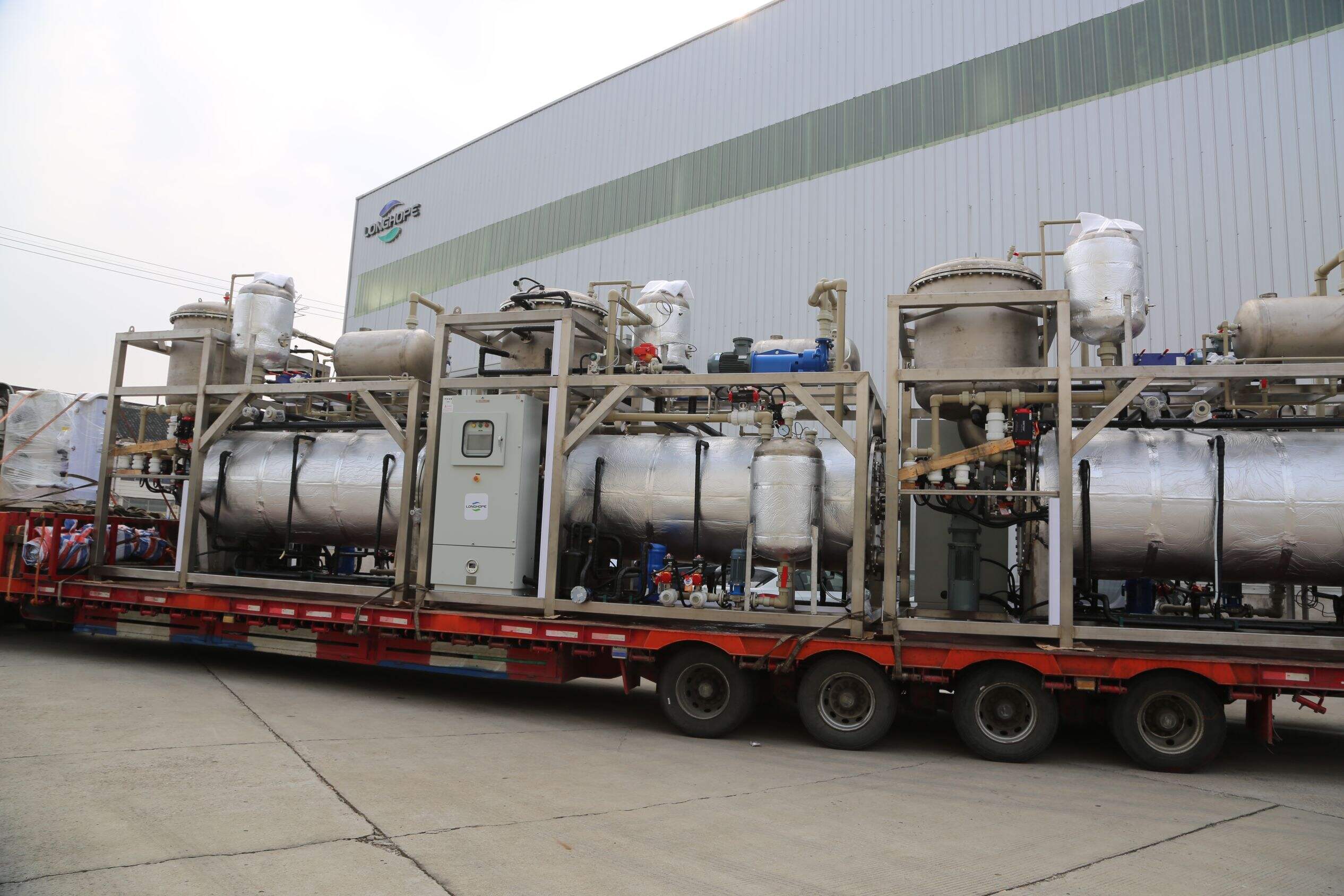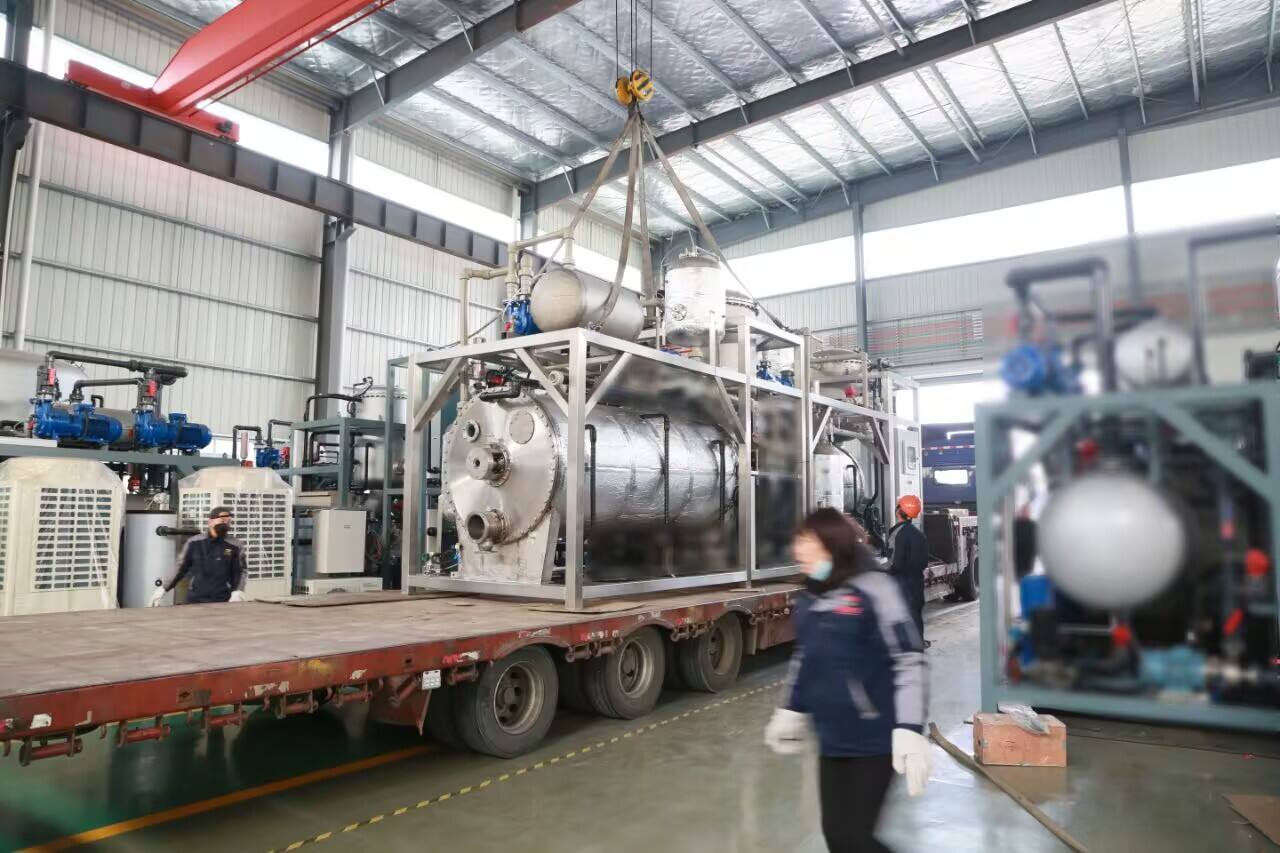industrial wastewater treatment plant
Industrial wastewater treatment plants represent sophisticated systems designed to purify and process contaminated water from manufacturing and industrial processes. These facilities employ a comprehensive array of physical, chemical, and biological treatment methods to transform hazardous wastewater into environmentally safe water. The treatment process typically begins with preliminary screening and grit removal, followed by primary treatment where solid particles settle out. Secondary treatment utilizes biological processes to break down organic matter, while tertiary treatment implements advanced filtration and disinfection methods. Modern plants incorporate automation systems and real-time monitoring equipment to ensure optimal performance and compliance with environmental regulations. The facilities are equipped with specialized components including clarifiers, biological reactors, membrane filtration systems, and chemical dosing units. These plants can handle various types of industrial effluents, from heavy metals and chemical waste to organic pollutants and suspended solids. The treatment capacity can be scaled from small installations processing several thousand gallons per day to large facilities managing millions of gallons daily. Advanced plants also feature energy recovery systems and sludge treatment capabilities, making them more sustainable and cost-effective in the long run.


